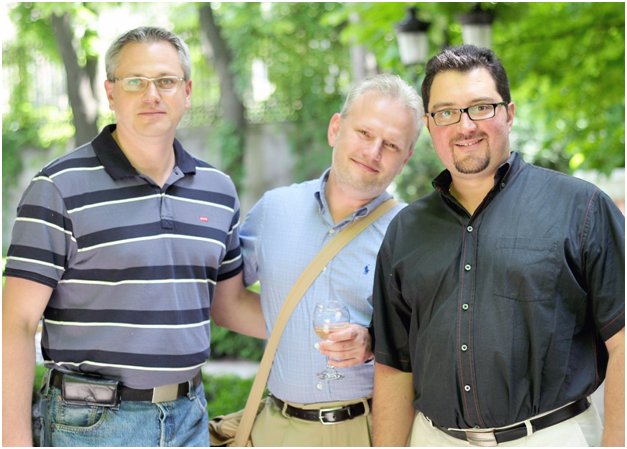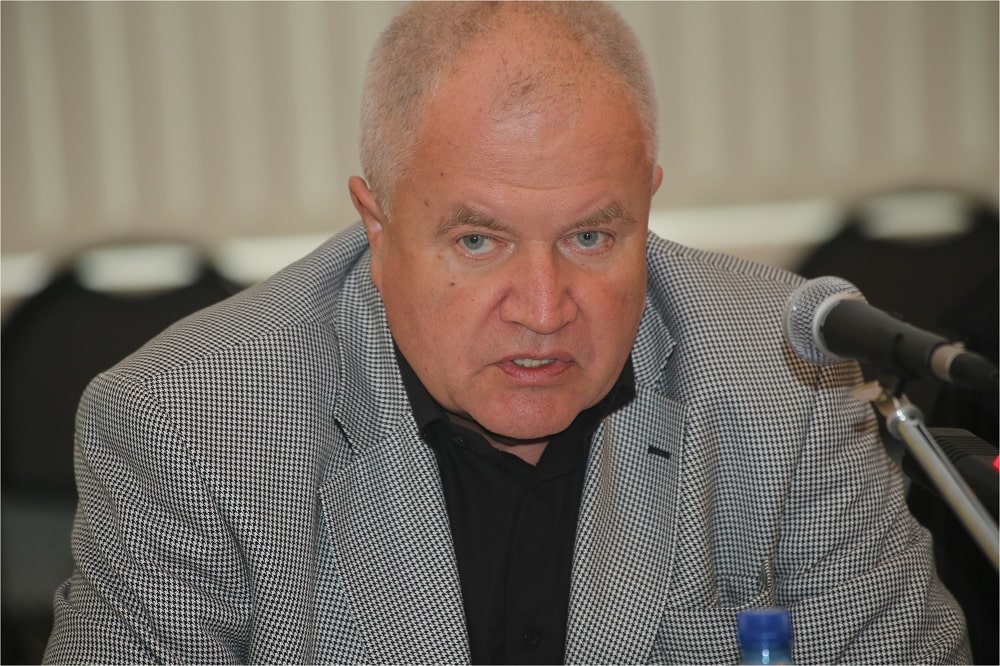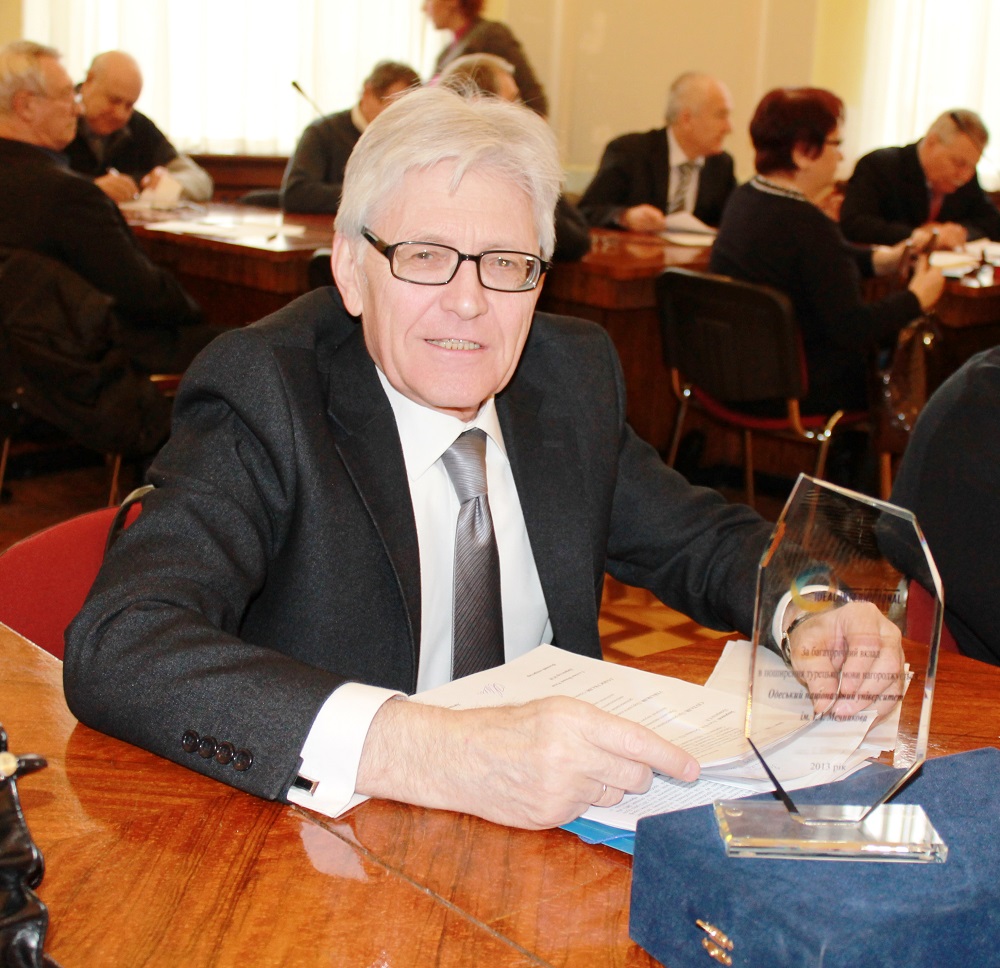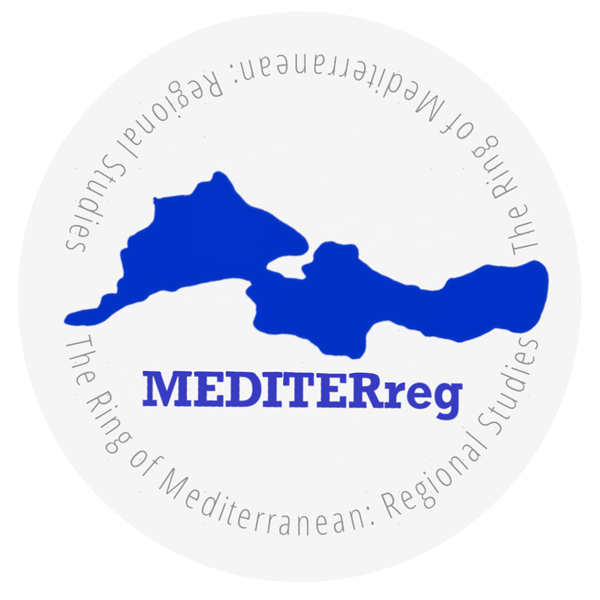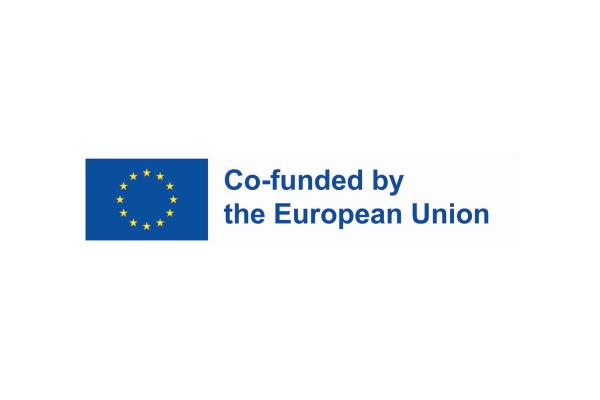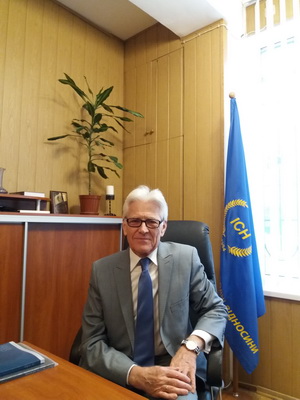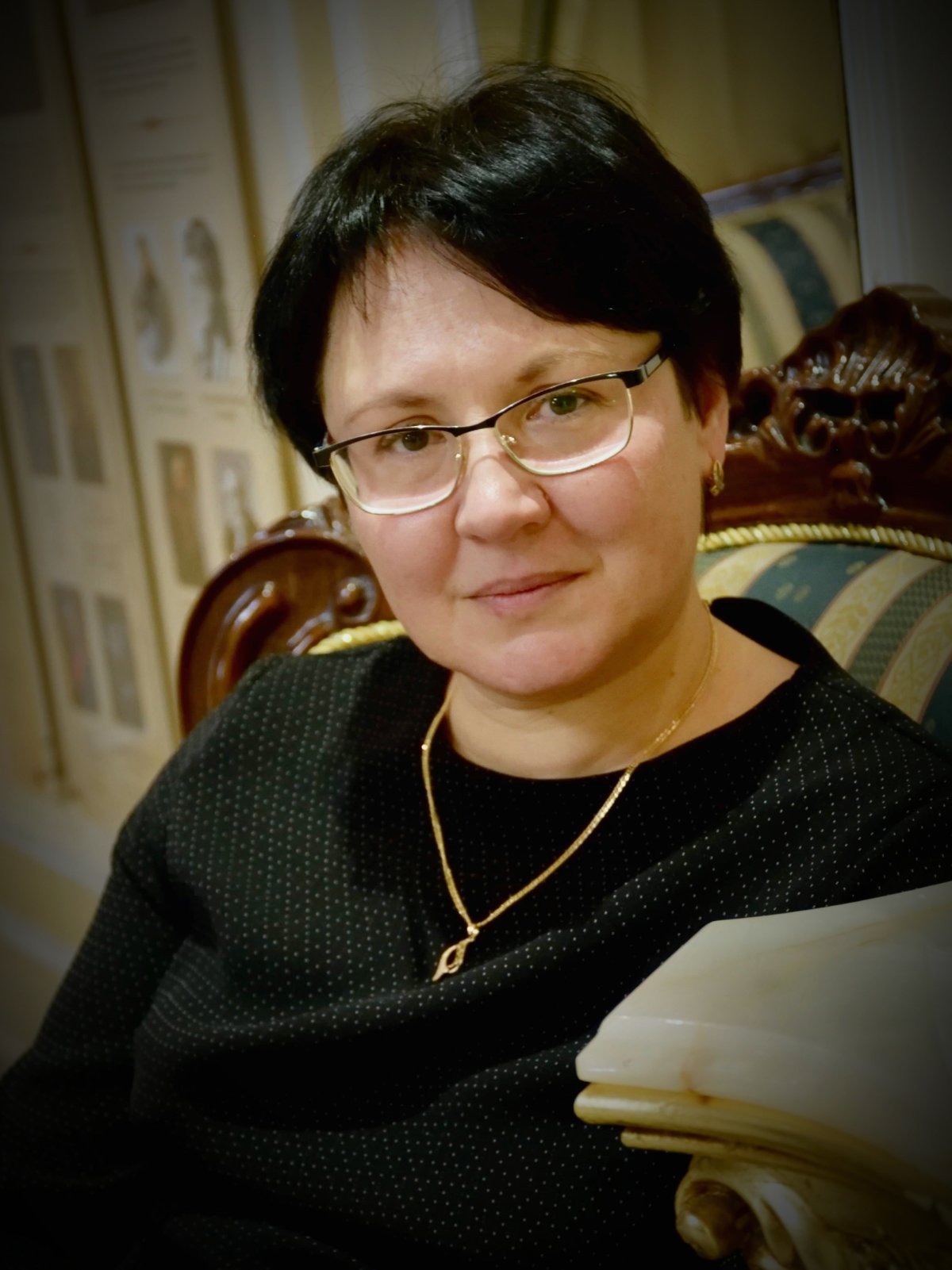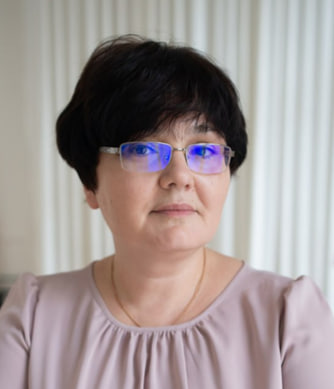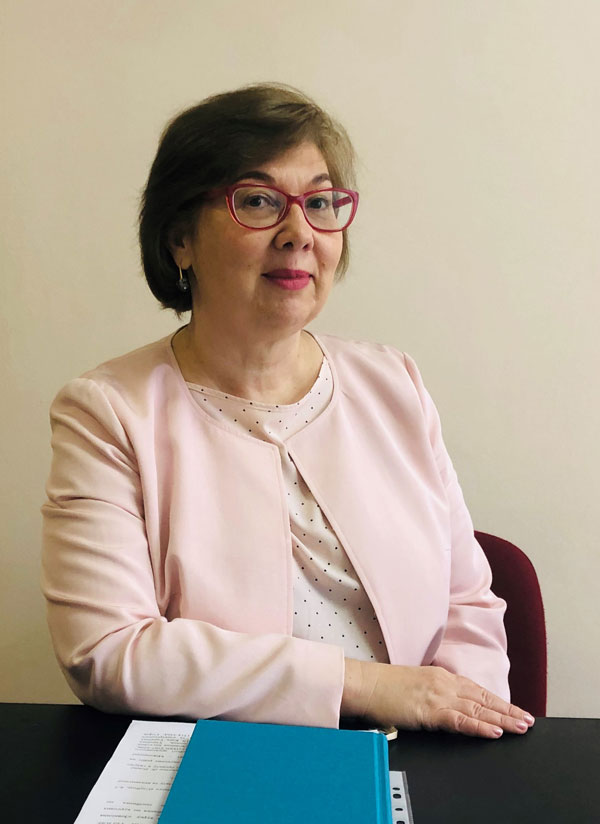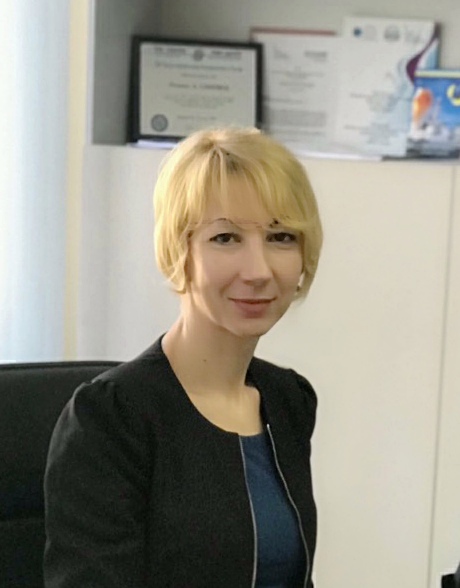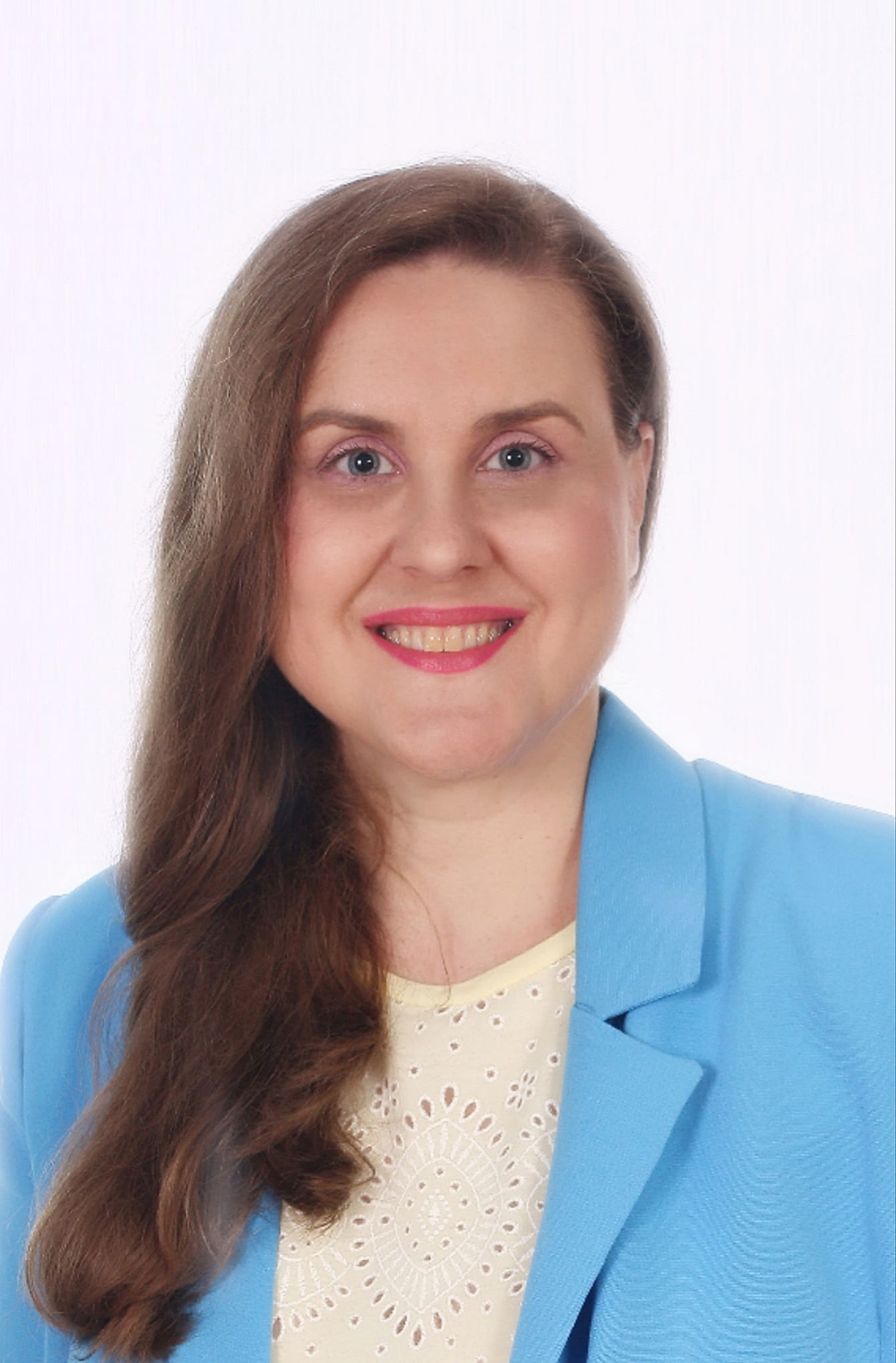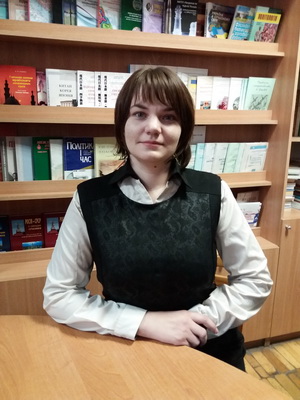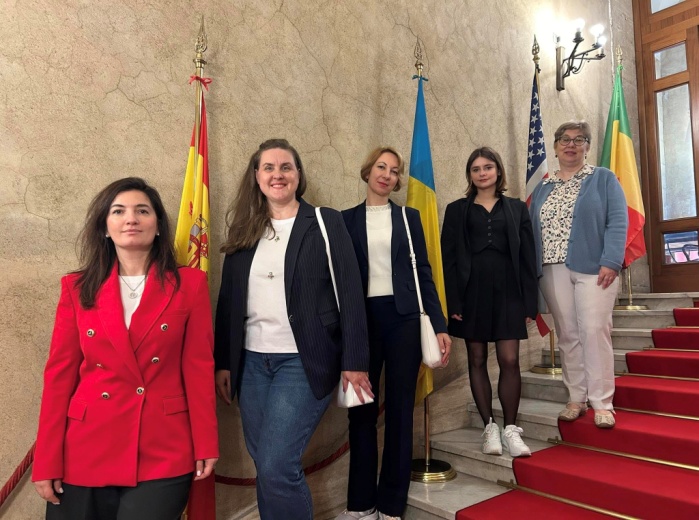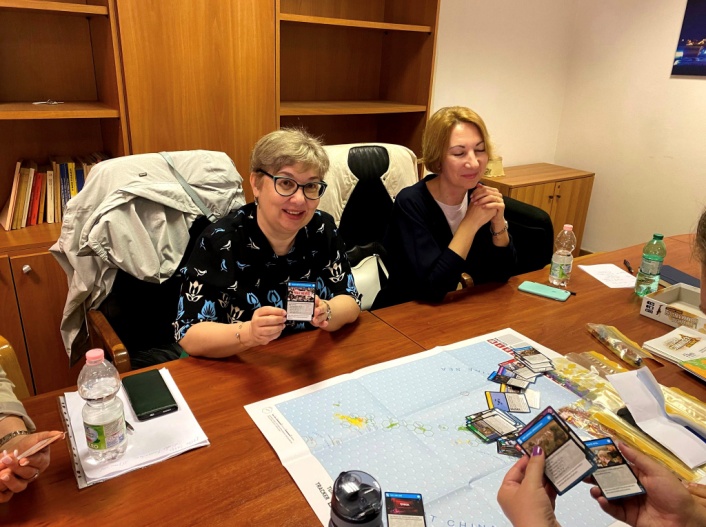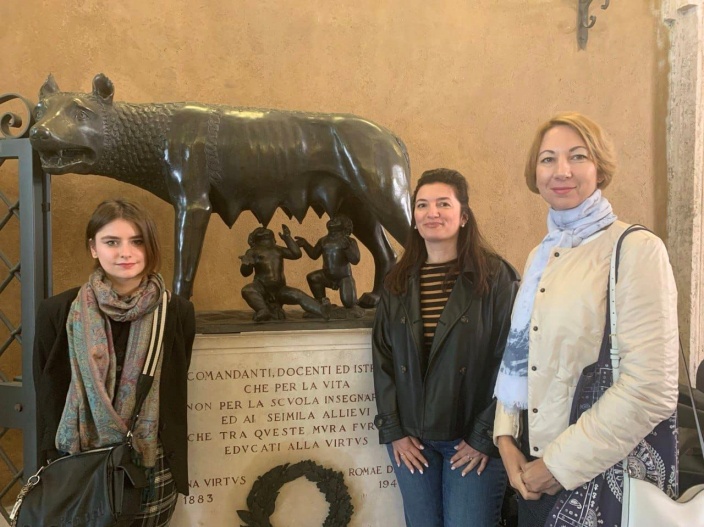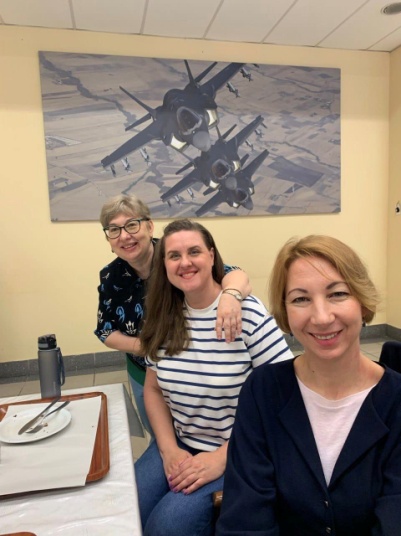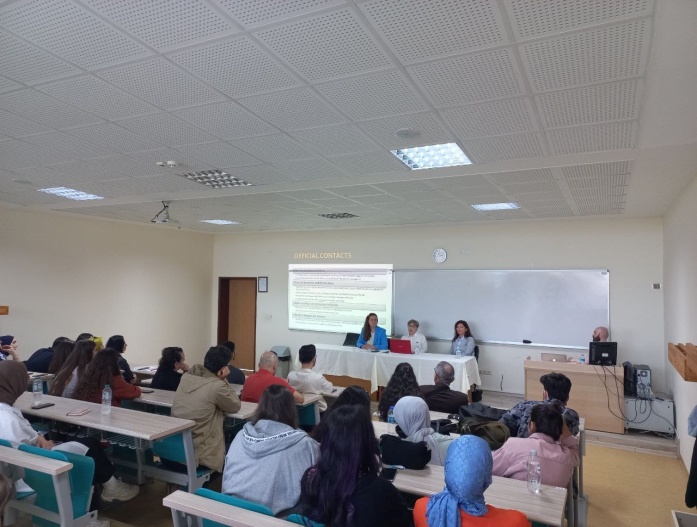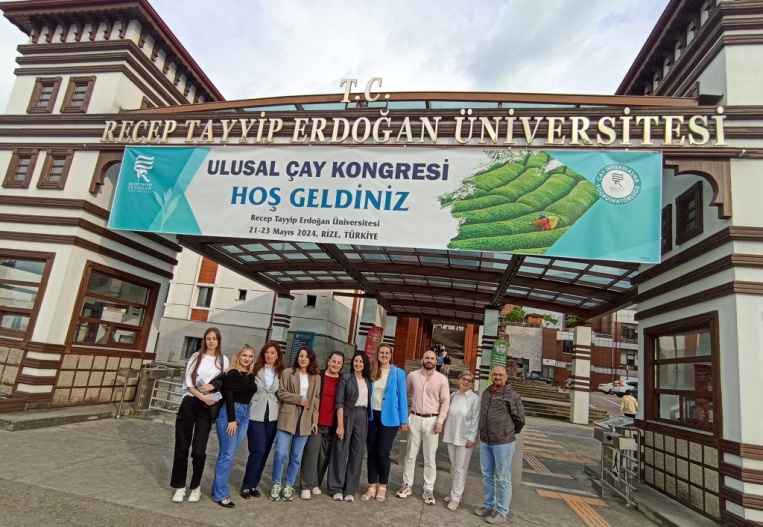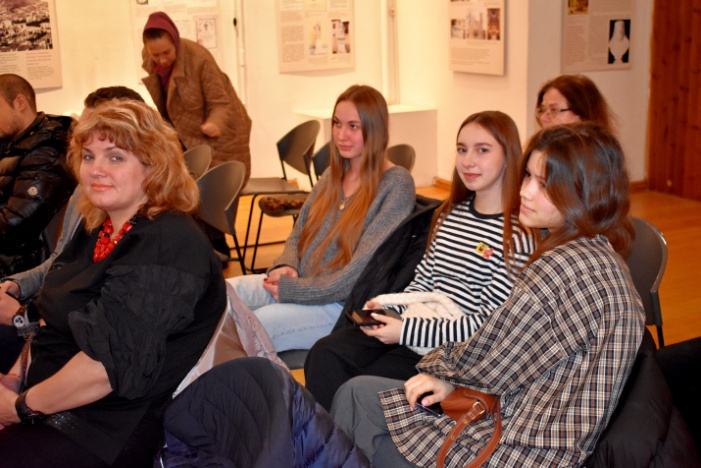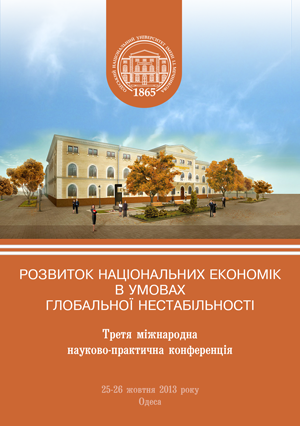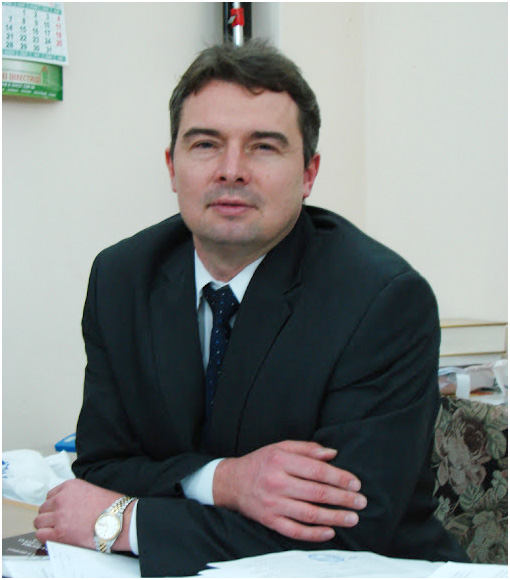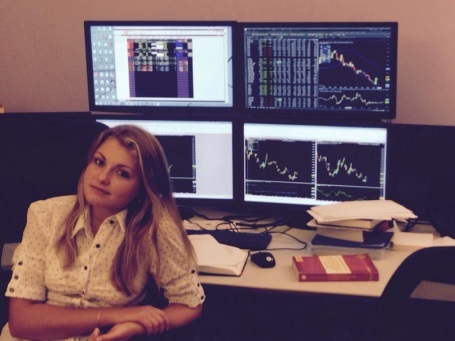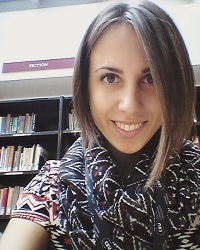Department of international relations
Training of students in the specialty of «International Relations» was initiated at Odesa I. I. Mechnikov National University in September 1994 at the History Faculty. The Department of International Relations was established by the Order of the Rector (№30-02 of July 15, 1996) in connection with the transfer of the Department of International Relations from the History Faculty to the Institute of Social Science (since January 1, 2018 – the Faculty of International Relations, Political Science and Sociology). Another reason – a high demand on specialists in the international relation area, in particular with the knowledge of English, Arabic, Turkish, Chinese, Greek, and Japanese languages. Within the Institute of Social Science, the Department of International Relations has started working since September 1, 1996. The Department trains students in specialty 291 «International Relations, Public Communications and Regional Studies» (branch of knowledge 29 «International Relations»).
The Head of the Department
- November 1996 – April 1999 – Doctor of Historical Science, Professor, Honoured Worker of Science and Technology of Ukraine Semen I. Appatov (24.01.1930 – 26.03.2003).
- May 1999 – April 2015 – Doctor of Political Science, Professor, Honoured Worker of Science and Technology of Ukraine Igor M. Koval.
- April 2015 – to present – Doctor of Political Science, Professor Olga I. Brusylovska.
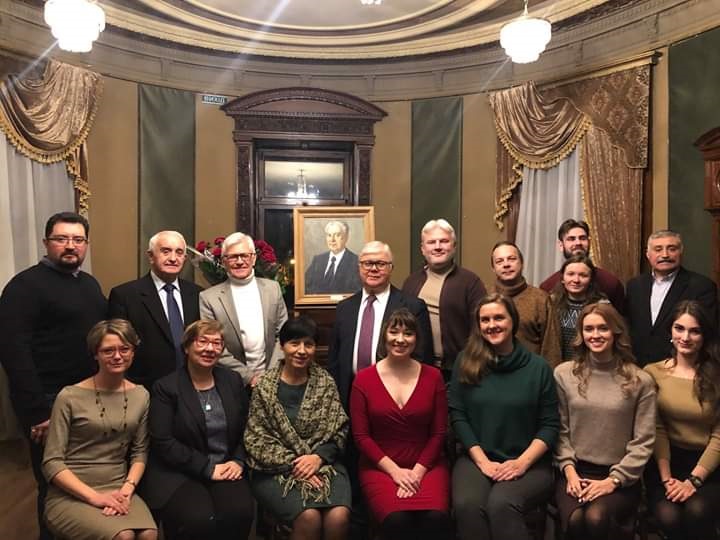
Staff of the Department
- The Head of the Department: Olga Brusylovska, Dr (Political Science), Professor
- Igor Koval, Dr (Political Science), Professor
- Volodymyr Dubovyk, PhD (Political Science), Associate Professor
- Viktor Glebov, PhD (Historical Science), Associate Professor
- Sergii Glebov, PhD (Political Science), Associate Professor
- Ganna Grabina, PhD (Political Science), Associate Professor
- Iryna Maksymenko, PhD (Political Science), Associate Professor
- Iuliia Maistrenko, PhD (Political Science), Associate Professor
- Mikhail Pokas, PhD (Historical Science), Associate Professor
- Polina Sinovets, PhD (Political Science), Associate Professor
- Kateryna Vakarchuk, PhD (Political Science), Associate Professor
- Alla Zakharchenko, PhD (Political Science), Associate Professor
- Denys Kuzmin, Senior Lecturer
- Dmitriy Poble, Senior Lecturer
BACHELOR PROGRAM
BACHELOR PROGRAM
Specialty «International Relations, Public Communications and Regional Studies»
Educational Level: «Basic higher education» with a normative term of study 4 years. Single diploma, 240 ECTS credits. NRC of Ukraine – level 6; FQ-EHEA – first cycle; EQF-LLL – Level 6.
Language: Ukrainian.
The goal of the program: training of highly qualified and competitive specialists who possess the appropriate level of knowledge and practical skills in the field of international relations, public communication and regional studies, foreign policy activities of states, international interactions between states, international organizations and non-state actors, which are characterized by complexity and uncertainty of conditions and involves the application of social science theories and special scientific methods of researching problems of international relations.
Educational qualification: Bachelor of International Relations, Public Communications and Regional Studies
Employability: Office manager (state institutions). Vice Consul. Diplomatic agent. Diplomatic courier. Secretary of the diplomatic agency. Secretary of the board (committee). Secretary of the council (scientific and technical, scientific, artistic and technical). Secretary of the central executive body. Assistant to the head of the enterprise (institution, organization).
Further education: the opportunity to continue education at the second (master's) level.
Compulsory disciplines: History of Ukraine. Physical education. Ukrainian language for professional orientation. First foreign language. English language for professional orientation. Introduction to the specialty "International Relations". Political geography. Current problems of world politics. Diplomatic and consular service. History of international relations. International organizations. International communications and information space. Foreign policy of Ukraine. Educational and regional studies practice. First foreign language for professional orientation. Coursework on the history of international relations. Foreign policy of Asian and African countries. Theory of international relations. Conflictology. Foreign policy of Western European countries. Political doctrines of the 20th-21st centuries. Foreign policy of Eastern European countries. Production practice. Coursework on the theory of international relations. Cross-border and transnational relations in the Black Sea region. US foreign policy. Foreign policy of Latin American countries. Strategic planning in international relations. Problems of regional security of the Near and Middle East. Current problems of modern political institutions. Systemic transformation of post-communist countries of Europe and Asia. Certification exam in the specialty "International Relations, Public Communications and Regional Studies".
Disciplines of free choice of applicants for higher education. The general-university catalogue of “The disciplines of free choice” is updated annually. Among the courses offered by the staff of the Department of International Relations, the following should be noted as the most popular among applicants: Political processes and conflicts in the countries of the Middle East and Tropical Africa; Global problems of world politics; International processes in the countries of the Iberia-American world; Theory and history of European integration; Public diplomacy; Intercultural communication; Ukrainian diaspora in international relations; International law; Economic diplomacy; The EU and other institutions of a united Europe; Geopolitics; Political processes and conflicts in the countries of Southeast Asia and the Far East; Diplomacy of the countries of the East; World order and hybrid threats of modernity; Cross-border and interregional cooperation; Foreign policy of the Mediterranean countries; Euro-Atlantic security; International information security; Diplomatic protocol and etiquette; Military-political aspects of international security; Conceptual foundations of US international policy; Russian-Ukrainian war; Energy factor in international relations; Foreign policy systemology of the Black Sea region; Forecasting in international relations.
MASTER PROGRAM
MASTER PROGRAM
Specialty «International Relations, Public Communications and Regional Studies»
Educational Level: «General (academic) higher education in the subject field» with a normative term of study 1 year 4 months. Single diploma, 90 ECTS credits. The seventh level of the National Qualifications Framework (the second cycle of the Qualifications Framework of the European Higher Education Area, the Seventh Level of the European Qualifications Framework for Lifelong Learning).
Language: Ukrainian or English.
The goal of the program: training of highly qualified and competitive specialists in the field of international relations, public communications and regional studies who are able to solve complex specialized tasks and practical problems of a research and/or innovative nature in the field of professional activity, have mastered the foundations and principles of critical thinking of problems in the field and at the border of fields of knowledge and are capable of lifelong learning.
Prerequisites: a bachelor's / specialist's degree.
Educational qualification: Master in International Relations, Public Communications and Regional Studies
Employability: the specialist is able to perform the specified professional work according to DK 003: 2010: Public Relations and Press Specialist. Junior Research Fellow (Philosophy, History, Political Science). Research Fellow-Consultant (Philosophy, History, Political Science). Expert on Socio-Political Issues. Consultant on Social and Political Issues. Political Columnist.
Further education: Have the right to continue their studies at the third (educational and scientific) level of higher education. Acquisition of additional qualifications in the adult education system.
Compulsory disciplines: Academic English. Methodology for writing a scientific project in the field. Theory of international conflict. Theory of state interaction. EU policy towards the Black Sea-Mediterranean region. Theory and practice of translating diplomatic correspondence and international documents. Regional studies. Digital diplomacy as a modern communicative tool. Ukraine in the system of international security. Nuclear factor in global politics. Islamic factor in global politics. Pre-graduate practice. Qualification master's thesis.
Disciplines of free choice of applicants for higher education. The general-university catalogue of “The disciplines of free choice” is updated annually. Among the courses offered by the staff of the Department of International Relations, the following should be noted as the most popular among applicants: Language of diplomatic protocol and etiquette (Arabic, Chinese, Modern Greek, Turkish, Japanese); Academic language (Arabic, Chinese, Modern Greek, Turkish, Japanese); Terminology in international diplomatic practice (Arabic, Chinese, Modern Greek, Turkish, Japanese); Business writing and public speaking (Arabic, Chinese, Modern Greek, Turkish, Japanese); Country studies through language (Arabic, Chinese, Modern Greek, Turkish, Japanese); Foreign policy strategy of authoritarian regimes; Migration process in the Mediterranean; Regional policy and security in the Indo-Pacific region; Latin American countries in world politics; Political culture and ideology of post-Soviet countries.
PHILOSOPHY DOCTOR (PhD) PROGRAM
PHILOSOPHY DOCTOR (PhD) PROGRAM
(joint program with the Department of Political Science,
Faculty of International Relations, Political Science and Sociology, Odesa I. I. Mechnikov National University) Specialty 052 «Political Science»
Educational Level: «General (academic) higher education in the subject field «Social and Behavioural Sciences» with a normative term of study 4 years.
Language: Ukrainian.
Aim of the Program: training qualified political scientists capable of producing new ideas for solving complex problems of professional and/or research and innovation activities in the field of Political Science, applying acquired competencies in scientific research, expert and analytical, political and consulting, public and socio-political activities, using the methodology of scientific and pedagogical activities, conducting independent scientific research, the results of which are characterized by novelty, have theoretical and practical significance in solving regional (local) and international (global) problems.
Career Opportunities: Managers of the apparatus of central government bodies. Chief specialists - heads of research units and units for scientific and technical training of production and other managers. Chairman of the council (scientific and technical, scientific, expert). Manager (manager) for public relations. Teacher of higher education institutions. Lecturer. Consultant (in the apparatus of state government bodies, executive committee). Assistant consultant to the people's deputy of Ukraine (member of the National Council). Civil service specialist (local self-government). Consultant (in the apparatus of state government bodies, local self-government). Researcher-consultant (philosophy, history, political science). Expert on socio-political issues. Consultant on socio-political issues (in parties and other public organizations). Political observer. Political scientist.
A person who has received a PhD in Political Science can carry out professional activities in the fields of foreign and domestic policies, international cooperation and international relations, hold positions in state authorities and local governments of various levels, in international organizations, in commercial and non-governmental structures, and carry out pedagogical and scientific research activities in Ukraine and abroad.
Further training opportunities: Obtaining a PhD degree and additional qualifications in the adult education system.
Compulsory disciplines: Philosophy of science and ethics of a scientist. Academic writing in a foreign language. Communication technologies of scientific discourse. Scientific project activity and intellectual property. Pedagogy and innovative technologies of teaching in higher education. History, concepts and modern achievements of political science. Methods, analysis and presentation of results of scientific research in political science. Strategic modelling and analysis of political processes: global and regional dimensions. Pedagogical (assistant) practice.
Disciplines of free choice of applicants for higher education. The general-university catalogue of “The disciplines of free choice” is updated annually. Among the courses offered by staffs of the Department of International Relations and the Department of Political Sciences, the following should be noted as the most popular among applicants: US foreign policy; Fundamentals of political globalism; Territorial policy in complex political systems of modernity; World politics and international relations of the 20th – 21st centuries; Civilization as an environment of political genesis; Constructivism in the political process; Foreign policy of Eastern European countries; Presidency in Ukraine; Border studies in political science; Systemic transformation of post-communist countries of Europe and Asia; Comparative analysis of parliamentary systems in the modern world; Transformation of global and regional security systems.

STAGES OF DEVELOPMENT OF SCIENTIFIC SCHOOL OF INTERNATIONAL RELATIONS AND FOREIGN POLICY EXPERTS at Odesa I. I. Mechnikov National University
Thanks to S. Appatov, Odesa National University has become one of the leaders in the development of the Political Science in Ukraine. He established scientific school, the creed of which is to study foreign scientific thought. Appatov’s students headed the Institute of Social Science (I. Koval) and the Department of International Relations (V. Glebov). O. Brusylovska, S. Glebov, V. Dubovyk, D. Kuzmin, and M. Pokas belong to the second generation of researchers, who works fruitfully in the international relations sphere. Former students of the department, experts in Oriental languages, concentrated on the analysis of regional foreign policy directions of the Arab states, Turkey, Japan, China, and Greece are the third generation.
From September 1, 2022, the Department of International Relations was divided and the teachers of Eastern languages joined the new Department of Public Communications and Regional Studies, which provides language training for students of specialty 291.
The teaching of Hebrew, Arabic, Modern Greek, and Turkish languages has begun since 1996. Students expressed particular interest to the Turkish language. The importance of Turkey as a neighbour and strategic partner of Ukraine, its rich culture promoted the growth of interest. The hard work of teachers shaped the students’ interest in modern Greece as an Orthodox state and economic partner of Ukraine, in its culture and national traditions. In 1996 at the Institute of Mathematics, Economics and Mechanics the Centre for the Study of Japanese language, economy and culture «HIKAGE» was established on a volunteer basis. In 1998, the Centre has become a subdivision of Odesa I. I. Mechnikov National University. In 2000, Japanese language optional course was launched at the Institute of Social Science. In 2000 V. and O. Migdalski published the «Basic Grammar of Japanese Language», which is the first in Ukraine. Finally, in 2003, the Department of International Relations began teaching Japanese. In autumn 2012, students got the opportunity to study Chinese. The considerable number of students, who decided to study it, shows their significant interest in modern China as one of the new great powers in the international relations system and economic power of the new era; in rich culture and traditions of the great civilization.
At the present time, the teaching of Oriental languages is provided by means of textbooks and manuals published by teacher of the Department of International Relations. The great contribution is made by E. Miniakhmetova, V. and D. Migdalski, V. Ryzhykh. Teachers of the department published dozens of research articles on vide array of issues of philology and oriental studies. Main publications: the manual in 4 volumes «Turkish language», the manual in 2 volumes «The Verbal System of the Arabic Literary Language», the manual series «Modern Japanese Language», the teaching manual on Japanese language in 4 volumes. The textbooks published by the Chinese organization «HANBAN» provide the teaching of Chinese language. Every year students have the opportunity to improve their knowledge by means of the internships in Greece, Egypt, Jordan, China, Lebanon, Turkey and Japan.
Research work in the international relations field is also conducted at 2 students’ permanent research groups, established by S. Appatov.
In the period since 1996 mentioned below successfully terminated postgraduate studies and defended their theses: O. Brusylovska, V. Dubovyk (1996), O. Voytovych, G. Saveliev (1997), L. Saigakova (1998), N. Gorbatiuk, D. Gorun (1999), O. Lapshyn (2000), S. Glebov, M. Pokas (2002), V. Griebtsov (2003), M. Diomina, I. Zubarenko, P. Sinovets (2004), V. Makuh, D. Sierov (2005), N. Melnyk, Z. Marshaniya, O. Romanova, O. Yanina (2008), O. Kamenska-Petkova (2010), M. Voitenko, Z. Igoshina, H. Shelest (2011), D. Dvornichenko, A. Zadorozhnia, I. Yakovleva (2012), Y. Gaber, I. Maksymenko (2014), K. Kuleshova, O. Cheban, Y. Bagatskiy, I. Maistrenko (2016), O. Rusova (2017), Y. Volkova, Y. Kozlovska (2018), O. Kurando (2019); A. Bakanova, E. Buza, V. Gergieva, E. Levitskaya-Doba, T. Melnik, A. Tsekhovalova (2021). Since 2021, the IR Department began graduating Doctors of Philosophy (PhD) in specialty 052 "Political Science": A. Geba, D. Nikolaeva, K. Pashayeva (2021), M. Skrypnyk, M. Kurando (2024).
Today, more than 50 graduates from the Department of International Relations work in the system of the MFA of Ukraine, in various international organizations and business companies in 26 countries. The Department of International Relations and the new Department of Public Communications and Regional Studies are staffed mainly by its graduates. These are the consequences of successful process of education of foreign policy experts.
Researches and International Cooperation of the Department of International Relations
The Department maintains permanent contacts with more than 20 foreign universities in Europe, the USA, Canada, Israel, Japan, Turkey, China, and Arab states. The staffs of the Department take part in various events in order to publish research papers, hold conferences and round tables.
Among the most significant scientific developments, it is worth noting the publication of collective monographs of the department (both in Ukrainian and English):
- Міжнародні відносини та політика держав в умовах глобальних трансформацій: аналіз сучасної політичної думки / Під ред. І. Коваля та О. Брусиловської. Одеса: ОНУ, 2016.
- Strategic Culture and Foreign Policy of Ukraine, ed. І. Koval, О. Brusylovska, V. Dubovyk. Оdesa: Odesa Mechnikov National University Press, 2017.
- Міжнародні відносини та зовнішня політика в еру «пост-правди» / Під ред. О. Брусиловської. Київ: Вадекс, 2018.
- Prospects of Development in EU Politics: Global and Regional Dimensions, ed. O. Brusylovska, I. Koval. Odesa: ONU, 2019.
- Brusylovska, Olga, Dubovyk, Volodymyr, and Koval, Igor (eds.), Black Sea Region in World Policy: Actors, Factors, and Scenarios of the Future. Odesa: Odesa Mechnikov National University Press, 2020.
- Глобальні, регіональні та локальні чинники формування сучасної системи міжнародних відносин / за заг. ред. І. М. Коваля, О. І. Брусиловської. Одеса: Астропринт, 2023.
- Brusylovska, O., Erdoğan, S., & Irrera, D. (eds.), Multidimensional Regionalism in the Mediterranean: Actors and Challenges. Odesa: Astroprint, 2024.
Representatives of the Department belong to various Ukrainian and international professional associations and organizations. They participated in numerous exchange programs, such as Fulbright Exchange Program (S. Appatov, S. Glebov, V. Dubovyk, I. Koval, P. Sinovets), Regional Scholar Exchange Program (V. Glebov, V. Dubovyk, A. Zakharchenko), Contemporary Issues Program (S. Glebov, V. Dubovyk), Community Connections Program (O. Voytovych), CEU Summer University (O. Brusylovska, V. Dubovyk, A. Zakharchenko), US Summer and Winter Institutes on National Security (A. Zakharchenko, P. Sinovets), ReSET (O. Brusylovska, A. Zakharchenko, M. Pokas), IAS Visiting Fellows (О. Brusylovska), the Nonresidential Scholars Program for Ukraine, headquartered at Indiana University (О. Brusylovska) etc.
In 2002-2004, the Centre for International Studies held 3 workshops on development of European studies. Summer schools on actual problems of world politics are held on permanent basis. Since 2003, the Department of International Relations jointly with other departments of the Institute of Social Science held 5 international conferences «Odessa Readings in Social Sciences». Since 2010 the department has held international scientific conferences «Appatov Readings» dedicated to the problems of international relations. The Centre of Actual Research and Teaching (CART) in the European studies field was established in the framework of megaproject «Higher Education: Leadership for the Progress» by the International Foundation «Renaissance» in 2001-2002. In 2008-2012, a large-scale project «BRIDGE – Strengthening Mutual Understanding and Cooperation between the EU and Belarus, Moldova, Russia and Ukraine» (under the auspices of the European Commission) was implemented. The staff of the department conducted the project «The European Security and NIS: a New Education for a New Europe» within the framework of Regional Seminar of Higher Education (ReSET).
The project was launched in 2005 with the support of the Higher Education Support Program (HESP) of the Open Society Institute (OSI). Lecturers of the Department and the staff of the Centre for International Studies pay much attention to the Euro-Atlantic process and to the NATO role in the modern international relations. In particular, in 2006, the Academy «Security in the Mediterranean-Black Sea-Caspian Region: EU and NATO» was held. On May 22-24, 2008 the Spring Academy «NATO Transformation and Modern Security Challenges» was held. Under the relevant agreements, lecturers of the Department of International Relations directly worked on the topic «Preparation and Realization of Organizational-Analytical and Scientific-Methodological Actions for the Implementation of NATO-Ukraine Target Plan in Odessa and Odessa Region» (2007-2008). Within the framework of the project, the sociological survey on the attitude of different social groups of Odessa to the Euro-Atlantic integration was conducted. Various information and educational events, such as conferences, hearings in the City Council, publication of analytical materials, were carried out. The Department of International Relations was the author and the direct executor of the project under the program of Jean Monnet «Europe in Odessa and Odessa in Europe» (2007-2008).
The main achievements are informational, scientific and educational events within the framework of the European days in Odessa. During 2008-2011, the lecturers of the Department, in partnership with the «Centre for Peace, Conversion and Foreign Policy of Ukraine» and the consortium «Europe without Barriers», were participants of the project on monitoring the practice of Schengen visas issue to the citizens of Ukraine. In 2010-2011, the Department of International Relations with the support of the International Foundation «Renaissance» implemented the project «Development of Cooperation between the Centre for International Studies of Odesa National University and PIIR: Portugal and Path of Ukraine to the EU». The joint Ukrainian-Portuguese research with the Portuguese Institute of International Relations on the Problems of Europeanization and Promotion of Idea of Ukrainian integration into the EU was carried out under this project. In 2008-2013 the Department worked on “Public monitoring of EU member states visa issuance policies and practices in Ukraine” in the framework of all-Ukrainian civic consortium “Europe without Barriers” funded by International Renaissance Foundation (IRF). In 2010-2013 there was ReSET “The EU as an Emerging European Security Actor: exploring theoretical paradigms”, funded by Higher Education Support Program (HESP), Open Society Institute (OSI). In 2012-2015 there was TEMPUS-SMGR, Fostering Sustainable and Autonomous Higher Education Systems in the Eastern Neighbouring Area; and at the same time the project European Neighbourhood Policy Law and Good Governance (2012-2015).
Until 2022, the following international projects were implemented: "Cooperation in the field of education on the issue of nuclear non-proliferation" of the Odesa I. I. Mechnikov National University and the Swedish Radiation Safety Authority (since 2009); The International History Project of the Wilson Centre, funded by the Carnegie Corporation, on nuclear nonproliferation within the History and Public Policy program (since 2016); Horizon-2020 Project 734645 "Knowledge Exchange and Academic Cultures. Europe and the BSR (KEAC-BSR)"; Project G5442 "Resilient Civilians in Population-Centric Warfare (Resilient Civilians)"; Erasmus+ Jean Monnet Project ENACTED; the Peace Research Centre project "Exchange Network in Peace Research in Eurasia" (University of Tromsø, Norwegian Arctic University, since 2017); International project Erasmus+ Jean Monnet "Neighbourhood Enlargement and Regionalism in Europe / NearEU" (since 2020); Erasmus+ project "Rethinking Regional Studies: Baltic-Black Sea Association" (since 2017). The general goal of the project is to modernize regional studies in Ukraine through the introduction of an English-language master's program in studies of the Baltic and Black Sea regions. During the years of the project, 36 English-language master's students, 9 teachers, and 1 administrative employee were involved in the department of MV.
Over the years, the Department of International Relations has become the venue for several events within the framework of the Erasmus+ CBHE project The Baltic-Black Sea Regional Studies (BBSR), which provided an opportunity not only to develop new courses on the new English-language master's degree in international relations and successfully test them, but also to improve the qualifications of teachers and international students (trainings and open lectures of the European participants of the project at the National University). Project participants acquired or developed their skills (transversal / behavioural skills, ability to study / conduct research, language skills) thanks to participation in its activities. This was facilitated by direct meetings with foreign participants, joint conferences and publications. Thus, in 2019, the seminar "How to write standardized and unified syllabi, how to write a research paper" was held; "Academic Writing and Plagiarism" training; training "Modern didactics; playing, assessing, examining, online teaching; course development (suggestions); internships' organization, entrepreneurship and university; how to find new literature, databases and software". In 2020, "Meeting and e-course development" were held; "The Winter school in Kääriku"; training "Analytical skills for academic writing" (19 participants from ONU received certificates). The selection of training participants took into account gender balance, age, and experience. Within the framework of the project, a publication of a completely international standard was made, which is in the SCOPUS database "Baltic-Black Sea Regionalisms. Patchworks and Networks at Europe's Eastern Margins" (Bogdanova Olga, Makarychev Andrey (Eds.). Springer, 2019). Several joint scientific conferences were also organized. An additional effect of the project was that Professor O. Brusylovska was invited to read the course "Politics and Changes in Central Eastern Europe" at the Adam Mickiewicz University (Poznan), and the young specialist G. Grabina completed an internship at the Jean Monnet Centre of Excellence of AMU (Poznan), and prepared an article published in the professional journal of AMU.
In 2022-2025, the IR department is implementing a project "The Ring of Mediterranean: Regional Studies" No. 101047919 — MEDITERreg — ERASMUS-JMO-2021-HEI-TCH-RSCH (Grant Agreement No. 101047919 — MEDITERreg ). The project implementation period is March 1, 2022 – February 28, 2025. This Jean Monet action is aimed at creating and supporting the "Mediterranean" module within the Master's program "International Relations, Social Communications and Regional Studies" at the Faculty of International Relations, Political Science and of Sociology, Odesa I. I. Mechnikov National University. The task of the project: to introduce a new master's level module on regional studies, which will provide students with knowledge, as well as analytical and independent thinking for further research, academic and public professional activities; modernize existing and create new teaching and learning facilities related to the process of Europeanization, regional studies and the Mediterranean, which will strengthen the regional and European studies of the faculty through a specific and detailed understanding of the Mediterranean as a whole and this dimension in the EU neighbourhood policy.
More information on the ONU website: http://onu.edu.ua/en/structure/faculty/isn/mediterreg-jean-monnet-module.
New project 101132692 — GEO-POWER-EU — HORIZON-CL2-2023-DEMOCRACY-01 - Empowering the Geopolitical EU in the Eastern Neighbourhood and the Western Balkans (GEO-POWER-EU) is being implemented from June 1, 2024 to May 31, 2027. Project goals and specific tasks: Starting in and continuing for three years, a consortium of 14 partner institutions has embarked on the “GEO-POWER-EU: Empowering the Geopolitical EU in the Eastern Neighbourhood and the Western Balkans” project, funded by the European Union’s H2020 Research and Innovation programme. In the wake of the war in Ukraine, the European Union has moved to enhance its geopolitical influence beyond its immediate borders, particularly in the Western Balkans (WB) and Eastern Partnership (EaP) countries. This shift underscores an urgent need to bolster the EU’s strategic thinking and actions. Consequently, GEO-POWER-EU is based on the premise that the EU’s enlargement and Eastern neighbourhood policies require revision to reflect a new geopolitical vision for these regions. The primary objective of the GEO-POWER-EU project is to enhance the security dimension of the EU’s policies in the Eastern Neighbourhood and the Western Balkans. The project aspires to develop a comprehensive EU strategy for these regions, taking into consideration foresight concerning the strategic ambitions of other geopolitical actors. GEO-POWER-EU will: propose ideas for the adaptation of the EU Enlargement policy and the reform Eastern Partnership policy; assess the influence of other geopolitical actors and provide strategic foresight about the prospects of geopolitical competition in the two regions; explore the growth of the EU’s ability to contain military threats; propose a comprehensive and multidimensional EU strategy that will guide relations with the countries in the Western Balkans and the Eastern neighborhood.
On the initiative and efforts of the teachers of the IR Department, three research centres are working (the Educational and Scientific Centre of International Studies of Odesa I.I. Mechnikov National University (director – Volodymyr Dubovyk), the Educational and Scientific Centre of Strategic Studies and Nuclear Non-Proliferation (director – Polina Sinovets), the Odesa Centre for Disinformation Studies (Director – Olga Brusylovska), known far beyond the borders of Odesa and Ukraine. The Centre for International Studies has a library, which contains rich collection of information sources in different languages, ranging from monographs and periodicals to textbooks and conferences materials.
Since 2003, the faculty of the FIRPS has been publishing the scientific journal "Bulletin of ONU. Series "Sociology and political sciences". Since 2019, the journal has changed its name to "International and Political Studies" (Interpolis), the scientific editor is Olga Brusylovska. The journal is included in the List of Scientific and Professional Publications of Ukraine: Political Sciences (specialties - 052, 291) in accordance with the Order of the Ministry of Education and Culture of Ukraine "On Approval of the Decisions of the Attestation Board of the Ministry" dated July 2, 2020 (category B).
ODESA CENTER FOR NONPROLIFERATION
OdCNP was established with the support of Swedish Radiation Safety Authority in 2015.
Background
Nonproliferation Studies at the Department of International Relations of the Odesa I.I. Mechnikov National University was launched in 1997. In June-July 1997, Associate Professor of the Department of International Relations, PhD in Historical Sciences Viktor Glebov participated in an intensive Nonproliferation Seminar in Washington, DC, USA. The Seminar acquainted participants with the United States approaches to the formulation and implementation of arms control and nonproliferation policy. It also provided the participants with the necessary knowledge and skills for teaching the university-level courses on issues related to nonproliferation.
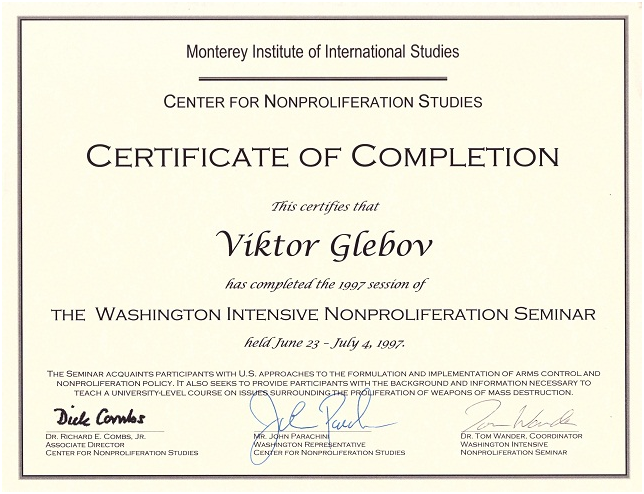
In 1999, Mr. Glebov held internship at James Martin Center for Nonproliferation Studies, Monterey, USA.
In 2004, PhD student of the Department of International Relations Polina Sinovets defended thesis on “Nuclear Deterrence in the Policies of the USA and Russia in the Post-Bipolar Period”. In 2006, PhD in Political Sciences P. Sinovets received a grant to study internship at the James Martin Center for Nonproliferation, Monterey, USA.
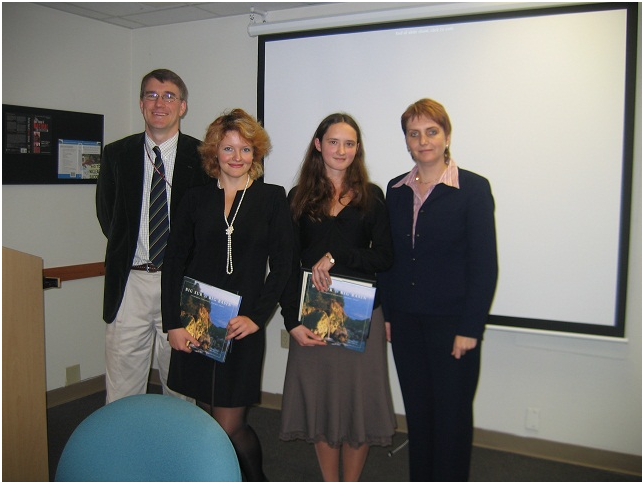
Since 2006 special course “Military and Political Aspects of International Security and Nonproliferation” are taught for the students of the Department of International Relations, ONU. Academic discipline that was developed by Associate Professor P. Sinovets dedicated to the comprehensive analysis of the role of the military and political factors, especially weapons of mass destruction, in the development of the global security environment.
Under her supervision in 2007 a monthly students’ scientific seminar on global security and nonproliferation started its work. With the assistance of the Institute of Social Sciences of Odesa National University the all-Ukrainian students’ conference on “Nuclear Factor in the Context of Current Global Security Challenges” was held in 2008.
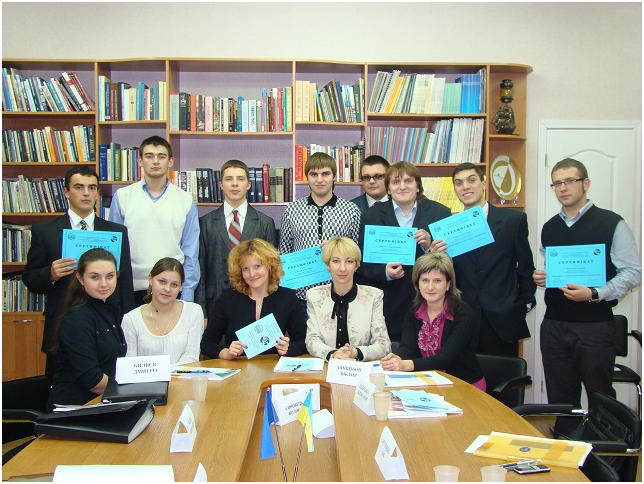
In 2014, Oleksandr Cheban, a graduate student of the Department of International Relations, defended his thesis on the nuclear choice of Iran, analyzing theoretical and international political aspects of this choice.
The problems of nuclear deterrence, security and nonproliferation are represented in numerous publications in the leading scientific domestic and foreign journals and online resources such as the Journal of Export Control, Security Index, Strategic Panorama, Strategic Priorities, NATO Research Paper, The Bulletin of the Atomic Scientists, PONARS Eurasia Policy Perspectives etc. There are monographs by Polina Sinovets “Double Faced Yanus or Nuclear Deterrence Theory in the XXI century” published in Russian in 2008 and “Deterrence and the Nuclear Superpowers after the Cold War” published in English in 2010.
Vision and Mission
The Center is established as the result of the systematic educational and training cooperation between Odesa Mechnikov National University (ONU) and Swedish Radiation Safety Authority (SSM). In 2006 SSM start financing first fellowships in Nonproliferation of the Odesa teachers and Ph.D. students in the James Martin Center for Nonproliferation Studies, Monterey, USA.
In 2009 the first International Summer School for students, young teachers and experts was conducted.
Since SSM and the Odesa National University implemented six Summer Schools on non-proliferation issues with the participation of students from Ukraine, Poland, Russia, Georgia and Moldova, which provided high quality up-to-date training in a wide range of specially selected methods for professional training the new generation of nonproliferation experts.
The mission of OdCNP is to provide a platform for education, training, research and outreach of the new generation experts on nuclear security, nuclear and WMD nonproliferation experts in Ukraine.
Odesa Center for Nonproliferation is going to become an academic and teaching basis for students and experts from Central Eastern Europe and Black Sea region as well.
The objective of OdCNP is to catalyze the development of nonproliferation expertise in Ukraine, as well as Central and Eastern Europe and Black Sea region by means of national and international dialogue, education, training and research.
The main focuses of the Center’s activities are:
- Education and training of students and young specialists;
- Academic research, including projects;
- Outreach and awareness in the field of nonproliferation, aimed at such audience as journalists, high school students, and general public;
- A platform for dialogue and joint projects with experts from universities and research centers from Ukraine, Europe and the United States, as well as from nuclear and missile industries and governmental bodies.
Advisory Board of Odesa Center for Nonproliferation
The Director is supported with the programmatic guidance from the Advisory Board.
The Advisory Board shall include but is not limited to the Igor Koval, Professor, Rector of the Odesa I.I. Mechnikov National University (Chair of the Board);
Sergiy Galaka, Professor at International Relations Institute of Kyiv Taras Shevchenko National University;
Grigory Perepelitsa, Professor, Director of the Institute of Foreign Policy of Diplomatic Academy of the Ministry of Foreign Affairs;
Lars van Dassen, Head of International Co-operation and Development of Swedish Radiation Safety Authority (SSM);
Sarmite Andersson, Project Manager at Secretariat for International Cooperation and Development of Swedish Radiation Safety Authority;
Elena Sokova, the ex-Executive Director of Vienna Center for Disarmament and Non-Proliferation and the Deputy Director of the James Martin Center for Nonproliferation Studies (CNS) at the Middlebury Institute of International Studies at Monterey;
Nikolai Sokov, Senior Fellow at the James Martin Center for Nonproliferation Studies (CNS) at the Middlebury Institute of International Studies at Monterey, and one or more representatives from academic, international organizations, or other organizations in Ukraine, Central and Eastern Europe and Black Sea states.
The Center for International Studies
The Center for International Studies is a research, education and outreach organization which activates in the field of international relations, foreign policy and security studies, European and Euro-Atlantic integration, American studies, and regional sciences.
It was establised in June 1992 as an integral part of then Odesa I.I. Mechnikov State University. It does serve as a division for conducting research in the fields of international relations, foreign policy, security studies, American and European studies, Black Sea regional security. The Department of Modern and Contemporary History of Foreign Countries was at the roots of the Center. The formation of the School of International Relations in 1994 and of the Department of International Relations in 1996 have further strengthened Center’s academic potential. The Center, the School and the Department contribute to the work of each other as they are carrying their activities out in realms of both research and teaching.
The Center was founded by Professor and Academician, Distinguished Scholar of Ukraine Semyen Appatov (1930 – 2003). His work started in 1960-s and served as a basis for both teaching and research in the spheres of theory, history and historiography of international relations and foreign policy. Special attention was given to the study of U.S. foreign policy and foreign policy thought. The study of Ukraine’s standing at the international arena, its national security, main principles of foreign policy and its major directions and conceptual foundations – these have become an essential part of the Center’s studies since 1991. The other significant thematic dimensions of research have followed. S. Appatov directed the Center from 1992 to 1999. Since 1999 to present the Center’s director has been Volodymyr Dubovyk.
The Center stands behind the publications of monographs and articles, convening conferences and workshops. It is involved in a search of the relevant grants and executing the research projects. The Center maintains relationship with a number of professional partner organizations. It also hosts the library, which is comprised of a solid collection of sources in many languages, ranging from monographs and periodicals to textbooks and conference proceedings. It does have a largest variety of English language scholarly periodicals in the fields of international relations and foreign policy in Ukraine.
